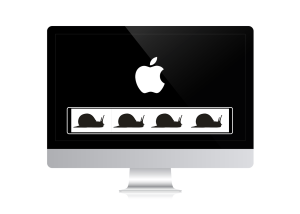 Virtual machines allow you to run an operating system inside another, something that would otherwise require a second physical computer. But are virtual machines slower than physical machines, and if so how much of a compromise are you making when you decide to go with a virtual machine instead of buying a new computer?
Virtual machines allow you to run an operating system inside another, something that would otherwise require a second physical computer. But are virtual machines slower than physical machines, and if so how much of a compromise are you making when you decide to go with a virtual machine instead of buying a new computer?
What Happens When You Are Using a Virtual Machine?
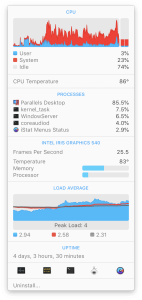 Each virtual machine emulates a computer, which means that the Mac used to host the secondary operating system (the guest OS) will need to share its hardware resources with the latter. In other words, it is highly recommended to have a ‘beast’ of physical computer to be able to run more than two operating systems at once.
Each virtual machine emulates a computer, which means that the Mac used to host the secondary operating system (the guest OS) will need to share its hardware resources with the latter. In other words, it is highly recommended to have a ‘beast’ of physical computer to be able to run more than two operating systems at once.
The host will share its CPU, memory, hard drive storage and what not with the guest operating system. Virtualization software itself requires resources while the host system also needs some to maintain itself, which limits the resources available for the VM. Resources are allocated according to preconfigured settings, but virtualization is used for optimizing resource use.
Is the Virtual Machine Slower Than a Real Machine?
Let's assume that we have a very powerful machine with eight CPUs and we assign two CPUs to four virtual machines. As long as the VMs aren't running simultaneously and are not using 100% of their resources, everything should be fine.
As soon as we approach the 100% usage of available resources in the VM, the rule for multiple processes is applied: if multiple VMs are running, one or more of the VMs must wait, and therefore they cannot achieve 100% CPU utilization.
What's important, though, is that users should keep in mind that fair comparisons and benchmarks comparing the two (virtual machines vs physical computers) are hard to perform. The main idea – backed by multiple studies – is that users can assume a roughly 10% performance penalty. That's the cost of the convenience of running the desired operating system as guest on a Mac. But in some cases virtualization can actually deliver faster results than physical computers, as some studies have shown.
Can My Mac Become Slower When Running Windows?
The short answer is no. However, the full answer requires an understanding of the following requirements:
- The virtualization software you are using.
- Available hardware resources.
- The resources assigned to the VM.
- What antivirus programs are installed.
- The number of VMs running at the same time.
When using virtual machines make sure to boot up only those that have memory allocations that the Mac is able to handle. And if you encounter any issues, then close the virtual machines and reduce the amount of memory allocated to virtual machines in the relevant settings menu.
Best Virtual Machine Software of 2024
| Rank | Company | Info | Visit |
|
1
|
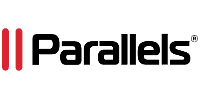 |
|
|
|
2
|
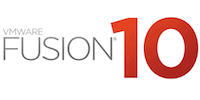 |
|
|
|
3
|
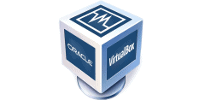 |
|
More FAQs
- How Does a Virtual Machine Work?
- Is a Virtual Machine Good for Gaming?
- Is a Virtual Machine Slower?
- Is It Safe to Run Windows on a Mac?
- What Is Virtual Machine Software?
Get the Best Deals on Mac Optimization Software
Stay up to date on the latest tech news and discounts on Mac optimization software with our monthly newsletter.
